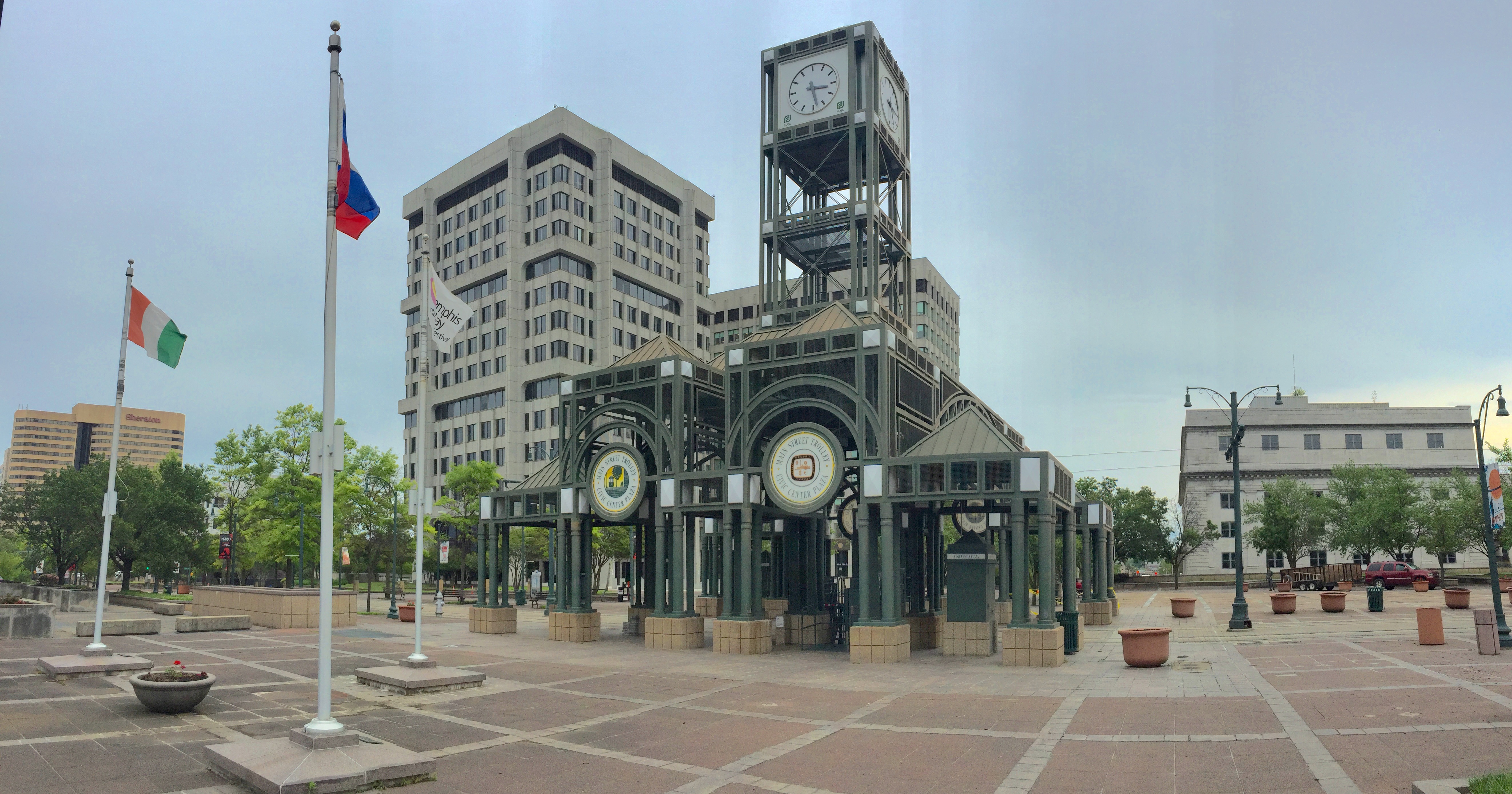Full Comments of Tim Wheat
at the August 27, 2025 MATA Board Meeting
Thank you. My name is Tim Wheat, Co-Director of Disability Connection Midsouth. I want to talk about MATAplus Capacity Constraints and its impact on people with disabilities.
The Americans with Disabilities Act (ADA) requires paratransit services to be comparable to fixed-route services. For MATAplus, this means riders should be able to schedule a trip for the next day. However, a recent review by Disability Connection and past findings by the FTA reveal the system is illegally capacity constrained.
In fact, yesterday I asked a MATAplus rider to show me. She called and asked for a ride to this meeting. No questions, no talk of destination or times, no negotiation. Just no trip. Another rider had called Friday for a ride to work this past Monday, at 8:30 AM and they were told no more trips Monday.
MATAplus reports a minimal 3% denial rate and 97% on-time performance, but these numbers don't tell the full story. The service is capacity-constrained, meaning a certified rider can't be confident they will get a ride if they call for a ride the next day. Riders have been trained to call three days in advance to secure a trip.
This isn't a new issue. The FTA found capacity constraints 20 years ago and again five years ago. The 2020 report noted that MATA agents were directly denying trips, particularly those made one or two days in advance. The agency also undercounted denials in several ways, such as not logging trips that were denied but still accepted by the rider outside of the 60-minute reservation window. They also logged denials as "trip refusals" and used bureaucratic terms like "advanced cancellation." This all served to lower their official denial numbers, despite not providing the necessary transportation.
Adding to the problem, MATAplus riders often see their vehicles being used for other services, like "Ready Ride." This makes the disability community feel that the vehicles they rely on are being diverted, creating a very real and obvious operational capacity constraint.
This isn't just a scheduling issue; it's a matter of Community Commitment. As John Lewis said, it's not just about buses running on schedule; it's about the real-world impact on individuals. He provides you with a Community Commitment score for the fixed-route, but not for paratransit. Refusing people with disabilities a next-day trip should be seen as seriously as a bus not leaving the yard. If we apply that standard, MATAplus' service would get a score of roughly 30%, Making reservations only three days in advance, a clear sign of unmet needs.
I am disappointed by the work of TransPro. While they have had a difficult task with MATA, they have not solved this inequity and ensuring MATA has a functional paratransit system must be a priority for this board. Thank you.












